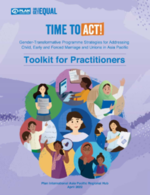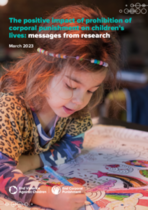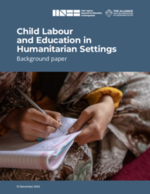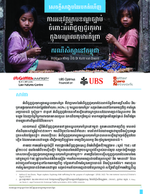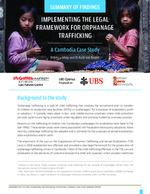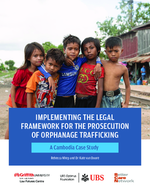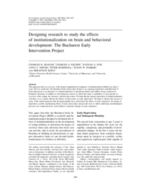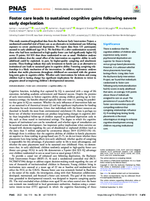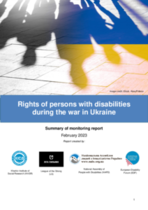Time to Act – Toolkit for Practitioners: Gender-Transformative Programme Strategies for Addressing Child, Early and Forced Marriage and Unions in Asia-Pacific
This toolkit developed by Plan International Asia-Pacific Regional Hub serves as a practical compendium of programming guidance for practitioners, and contributes to accelerating efforts to end child, early and forced marriage and unions (CEFMU) by 2030, in line with the Sustainable Development Goals (SDGs).

